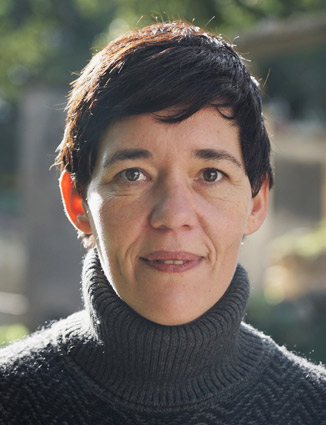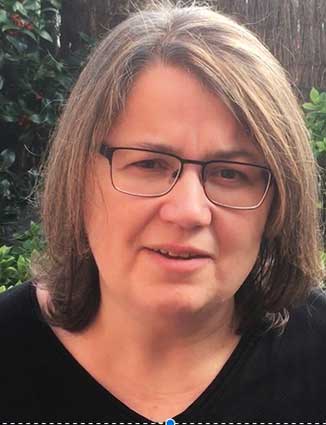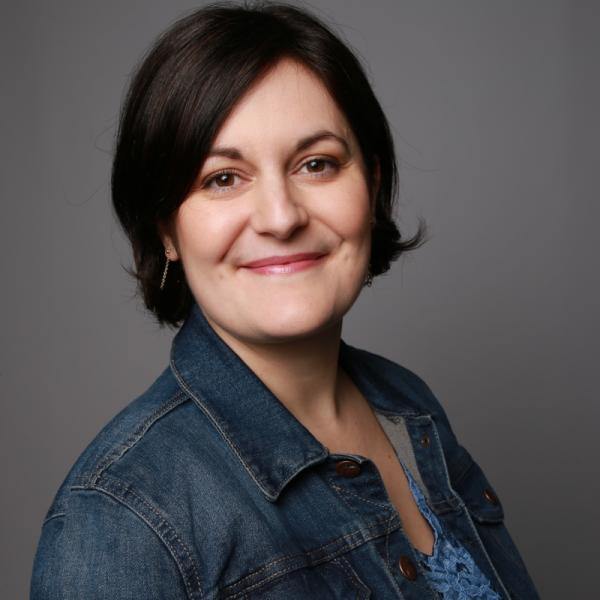This specialisation course aims to present the basic principles of digital accessibility, including both web accessibility and the accessibility of digital documents, social media and other user interfaces. The course adopts a practical approach and students will learn to assess web accessibility by using different tools. They will also learn to create and assess accessible documents in multiple formats (pdf, Word, PowerPoint, epub, etc.). The course is structured into 6 units over 12 weeks. It addresses a wide range of profiles: digital content creators, translators, journalists, teachers, editors, but also technical profiles and web developers who wish to enhance their skills.
Main facts
- Starting 11 April 2023, online. 12 weeks (6 ECTS).
- 50 places available.
- Professional orientation.
- Price: 420 €.
- Languages: English.
- Structure:
- Unit 1 (2 weeks). Introduction to digital accessibility: users, legislation and standards.
- Unit 2 (2 weeks). Web accessibility I. Creation.
- Unit 3 (2 weeks). Web accessibility II. Evaluation.
- Unit 4 (2 weeks). Accessibility in mobile devices: social media and user interfaces.
- Unit 5 (2 weeks). Digital documents: presentations and word processors.
- Unit 6 (2 weeks). Digital documents: other formats (epub, pdf, etc.)
- Languages: English.
How to enrol:
- More information on how to request admission and enrol is on UAB’s specialisation courses’ website.
TRAINERS
 |
Estel·la Oncins, course facilitator Estella Oncins holds a Phd in Accessibility and Ambient Intelligence from the Universitat Autònoma de Barcelona. She is a member of TransMedia Catalonia research group. She has a large experience in providing accessibility for live events as a freelance translator, subtitler, surtitler and respeaker for Spanish television companies and conferences, and as an audio describer for Liceu Opera House. Her research areas are audiovisual translation, media and digital accessibility and creative industry. She is currently involved in the Education and Outreach Working Group (EOWG) from W3C/WAI. She is a partner in KA2 LTA, IMPACT and IDE@. She is also a partner in H2020 projects HELIOS and MEDIAVERSE. |
|
|
Armony Altinier Armony Altinier is the founder of Koena, a social enterprise whose mission is to democratize digital accessibility. She has been working as a consultant and trainer in digital accessibility since 2007, and participates in research projects at the European level on the subject. Having participated in the drafting of the French rules of digital accessibility (RGAA) and also working on the easy to read and understand (FALC), Armony has at heart to promote an approach to accessibility that allows people with disabilities to empower themselves through the digital. As such, accessibility and open source software are the 2 axes of its actions. |
 |
Anna Matamala, course director Associate Professor, Universitat Autònoma de Barcelona. Leader of Transmedia Catalonia research group, Anna Matamala has participated and led many funded projects on audiovisual translation and media accessibility. She has led EASIT, a project on easy-to-understand language in audiovisual media. EASIT has produced training materials which will be used in this specialisation course. Anna Matamala is involved in standardisation. More information on Anna’s website. |
